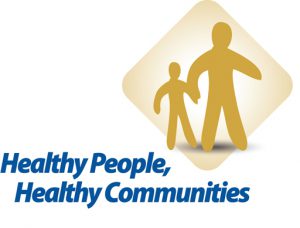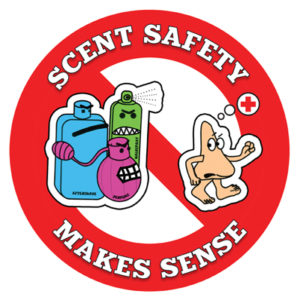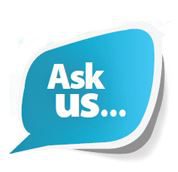Safe health practices
Your Safety
We want you to feel safe and be safe at all times. You are encouraged to take an active role in decisions that affect your care. You will be asked for your name and date of birth at every appointment or at any time that you receive treatment. You will also be asked to show your MCP or other provincial health card at every visit, so keep it with you at all times. We use this information to make sure you are the right person. Tell the registration clerk if your address, telephone or contact numbers change. Please ask your health-care provider for information about the role you and your family can play in safety while you are receiving care.
Please bring these items to your visits.

The Cancer Care Program is dedicated to providing the safest care possible to you and your family. There are many quality assurance that occur in your treatment that you may or may not be aware of.
The following Safe Health Practices are in line with Eastern Health’s Vision of Healthy People, Healthy Communities:
Scent safety

Eastern Health has a Scent Safety policy (PDF) to take steps in creating and maintaining environments where scents and fragrances are reduced and controlled. Patients, families and the general public are asked to respect our scent-free environment. Before coming to appointments, please ensure that you do not use scented products. Learn more about the Scent Safety policy.
Smoke-free
 To promote a healthy and safe environment, smoking is not permitted on hospital property. Smoking in within your vehicle on hospital property is considered a violation of the Smoke-Free policy. This includes the use of tobacco products or tobacco-like products (e-cigarettes). Patients, families and the general public are asked to respect our smoke-free environment. Learn more about the Smoke-Free Environment policy.
To promote a healthy and safe environment, smoking is not permitted on hospital property. Smoking in within your vehicle on hospital property is considered a violation of the Smoke-Free policy. This includes the use of tobacco products or tobacco-like products (e-cigarettes). Patients, families and the general public are asked to respect our smoke-free environment. Learn more about the Smoke-Free Environment policy.
Hand hygiene
Hand hygiene refers to washing your hands with soap and water or using an alcohol-based hand rub to clean your hands. Washing hands helps to physically remove germs by friction, and rinse them down the drain.
Washing your hands is the best way to stop the spread of germs, which can cause infections. You can ask your family and friends to wash their hands. It is okay to ask your nurse, doctor and other health care providers if they have washed their hands. Learn more about the hand hygiene.
Falls prevention
Your safety is our priority and we are committed to ensuring that our environment is safe for you and your family. When you attend an appointment at regional cancer centres within the Cancer Care Program, you will be asked “Do you need any assistance walking or standing today?” Staff will ask you this question when you register so that they can provide you with any assistance that you may need. Learn more about falls prevention.
Quality Assurance Processes with Cancer Care Program:
Medication safety
- Two health-care providers double check medication orders and the drugs you receive.
- You will be asked for a current list of all medications including over-the-counter medications, vitamins, supplements, creams, herbals and alternative medicines.
Radiation treatment planning
- A number of team members are involved in reviewing your radiation treatment plan to ensure that you receive your correct radiation dose as ordered by your doctor.
Height and weight
- Your height and weight is reviewed by health care professionals to ensure that you are receiving the correct dose of your cancer medication.
How can you be active in your care?
 There are a number of things that you and your family can do to assist your doctor, nurse and other health-care professionals provide safer care. Learn more about your cancer care.
There are a number of things that you and your family can do to assist your doctor, nurse and other health-care professionals provide safer care. Learn more about your cancer care.
